Recycling is an easy way to be less of a garbage human.
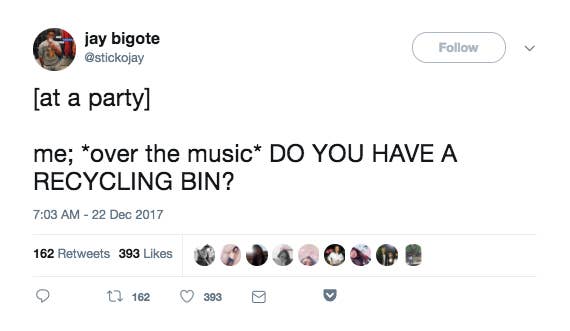
In fact, the EPA estimates that while 75% of the waste each of us produce every day is recyclable, only 25% of it actually makes its way to the proper facilities.
That margin of error is kind of criminal given that 94% of us have access to recycling services, 73% of which are curbside (as in, right outside our doors).
Plastic recycling is generally governed by numbers one to seven in that cute arrow triangle symbol you're surely familiar with. But do you know what those numbers actually mean? If not, here's a cheat sheet:
• Generally easily recycled curbside: 1, 2, 4
• Iffy whether recycled curbside, so call first: 5
• Not generally easily recycled curbside: 3, 6, 7
In an effort to gently move us all forward from literal trash people to recycling all-stars (group hug!), allow me to drop some maybe surprising knowledge on what’s recyclable and what’s not.
Here's everything you should be recycling, and everything you shouldn't be.
1. DO: Plastic bottles, jugs, and jars.
Ok, you’re recycling these already, right? (And also hopefully refusing and reusing these as much as possible!) If not, a good rule of thumb is that almost all plastic bottles, jugs, and jars (except for yogurt or pudding containers, which might need to be recycled elsewhere) are generally made from recycle-ready plastics. Just give them a good rinse and they're good to go.
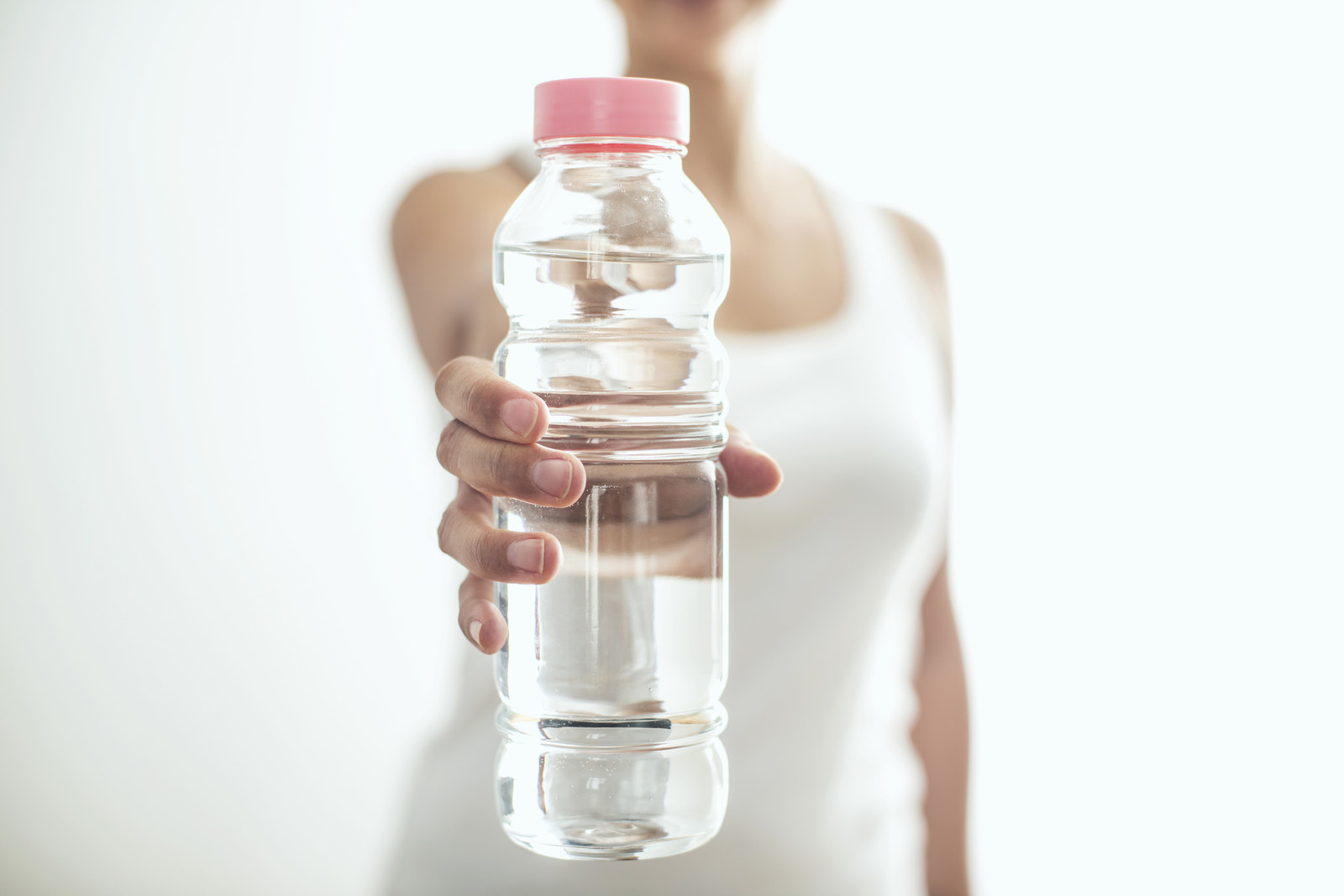
2. DO: Most of that junk mail you keep receiving.
And most other clean (i.e. no food residue) paper goods of the glossy, non-glossy, construction, and envelope varieties. And, while it’s still a good idea to remove the clear window panes from envelopes, these days most are actually made from cellulose, which can safely be recycled with paper. If you really want to do yourself a favor, stem the production of extra waste by removing your name from distribution lists. Here’s a good place to start.
3. DO: Aluminum, steel, and tin cans.
Aluminum cans recycle like a dream — they have basically an infinite recycling life, meaning they can come back as another aluminum product forever and ever, amen — but please resist the urge to go all college freshman and crush them before they hit the bin! Crushed cans can miss the sorter and end up in the landfill. Just wash ‘em and leave ‘em pristine in the bin.
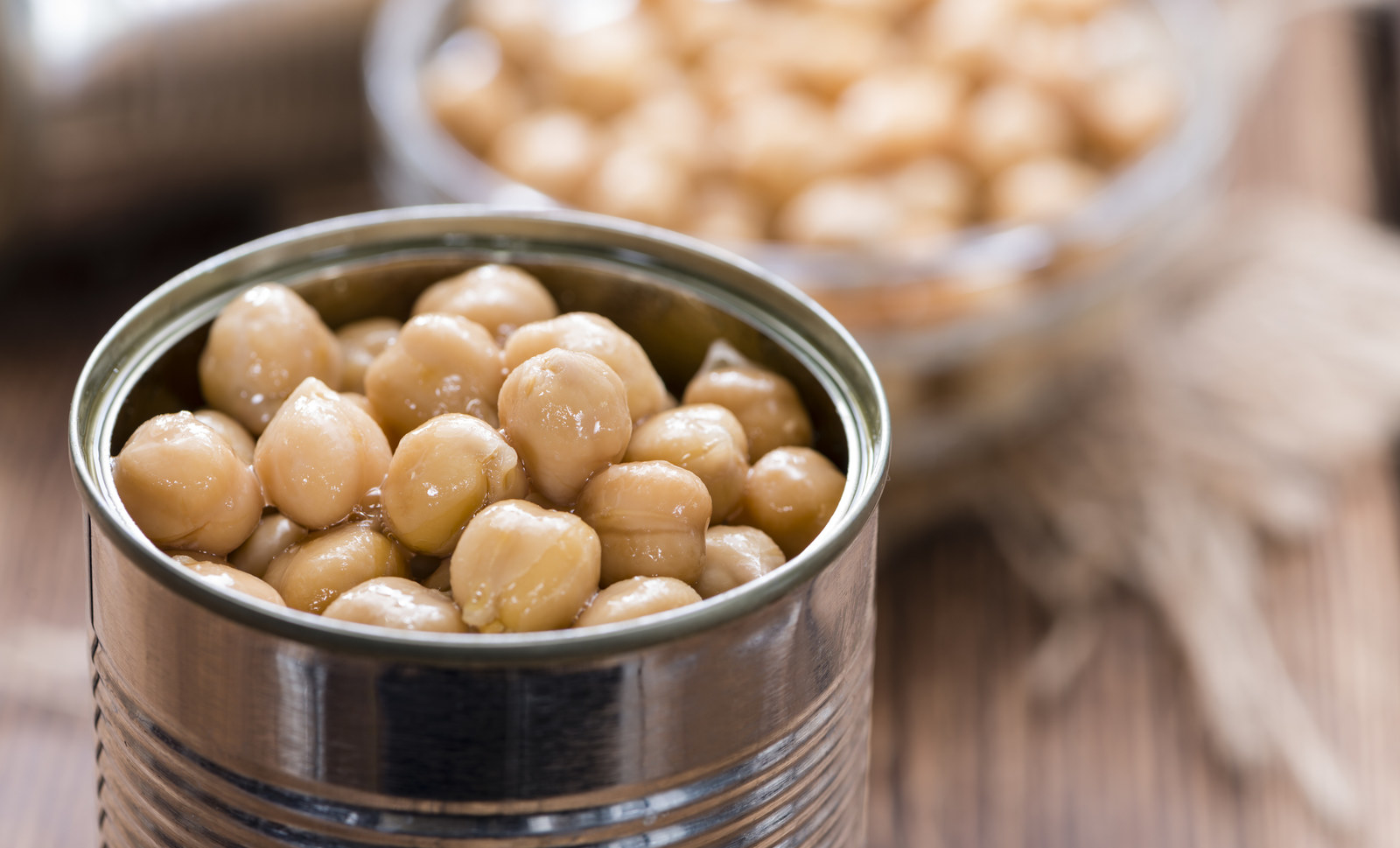
4. DO: Anything made from glass.
Just like aluminum, amber, emerald, and clear glass have a near-infinite recycling life (which means it can keep coming back as glass, Groundhog Day-style). But don’t let that stop you from repurposing the hell outta these items before you recycle.
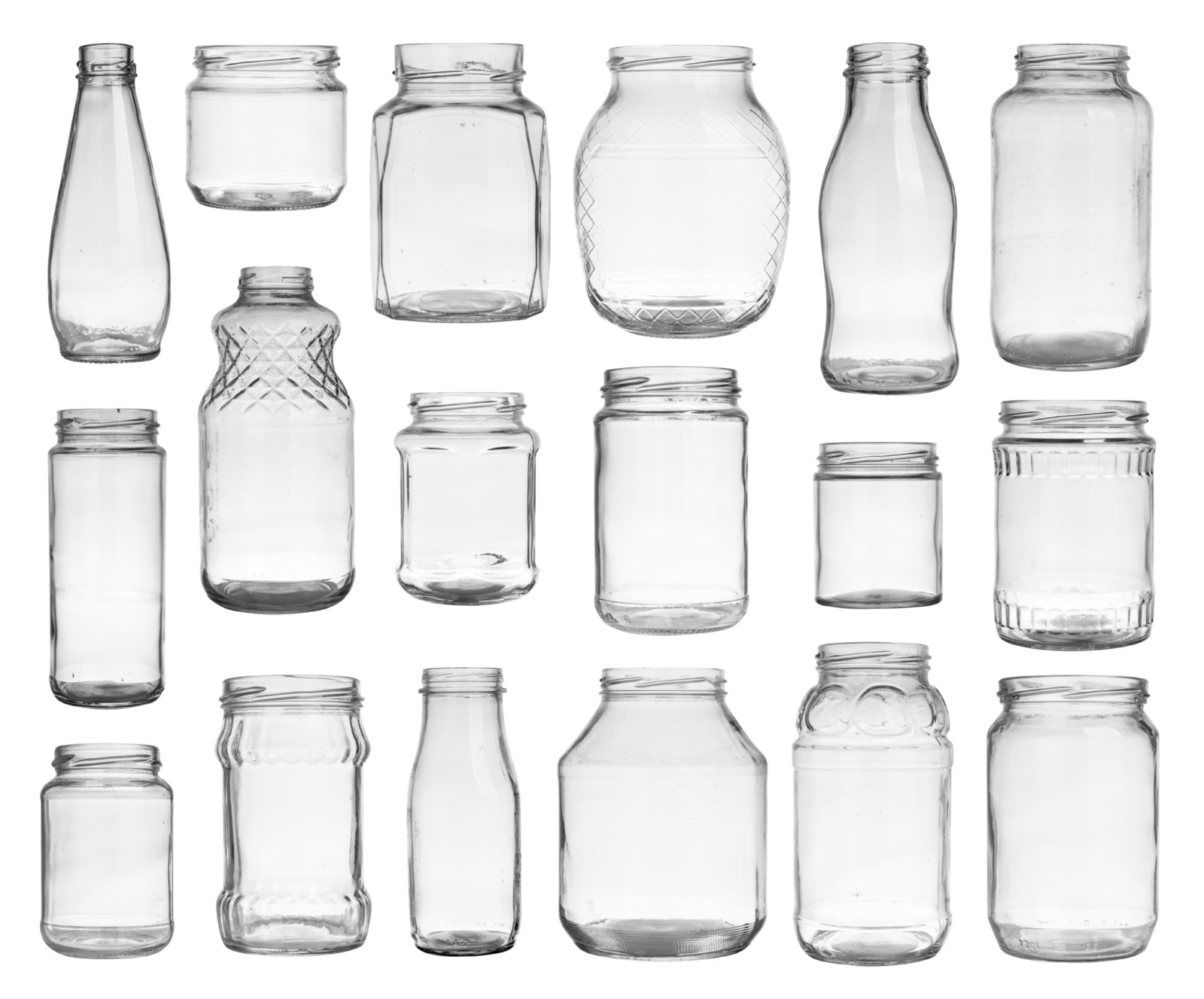
5. MAYBE: Energy-efficient light bulbs.
Some municipal systems and retailers will recycle compact fluorescent bulbs. Another bonus? These bulbs last longer than traditional incandescent versions, so you’ll have more time to develop an ~illuminating relationship~ before recycling them.
6. MAYBE: Plastic bottle caps.
Sure, the bottle can take a fantastic voyage to the recycling center, but its attendant cap? Not so fast. Plastic caps are generally made from different plastic than the bottle, which isn't recycled by all municipalities. Most bottle caps are made from plastic #5, so it's worth checking if your recycling system will accept them — some do, some don't!
7. MAYBE: Mattresses you no longer have a need for.
Certain municipalities will recycle your used mattress for free or a small fee, but donation options abound (check out local homeless shelters and Craigslist), and many mattress sellers will haul away and recycle your oldie in the price of delivery of your newbie. So, sorry, there’s really no excuse for leaving it in the alley. You can find even more information on getting rid of an old mattress here.
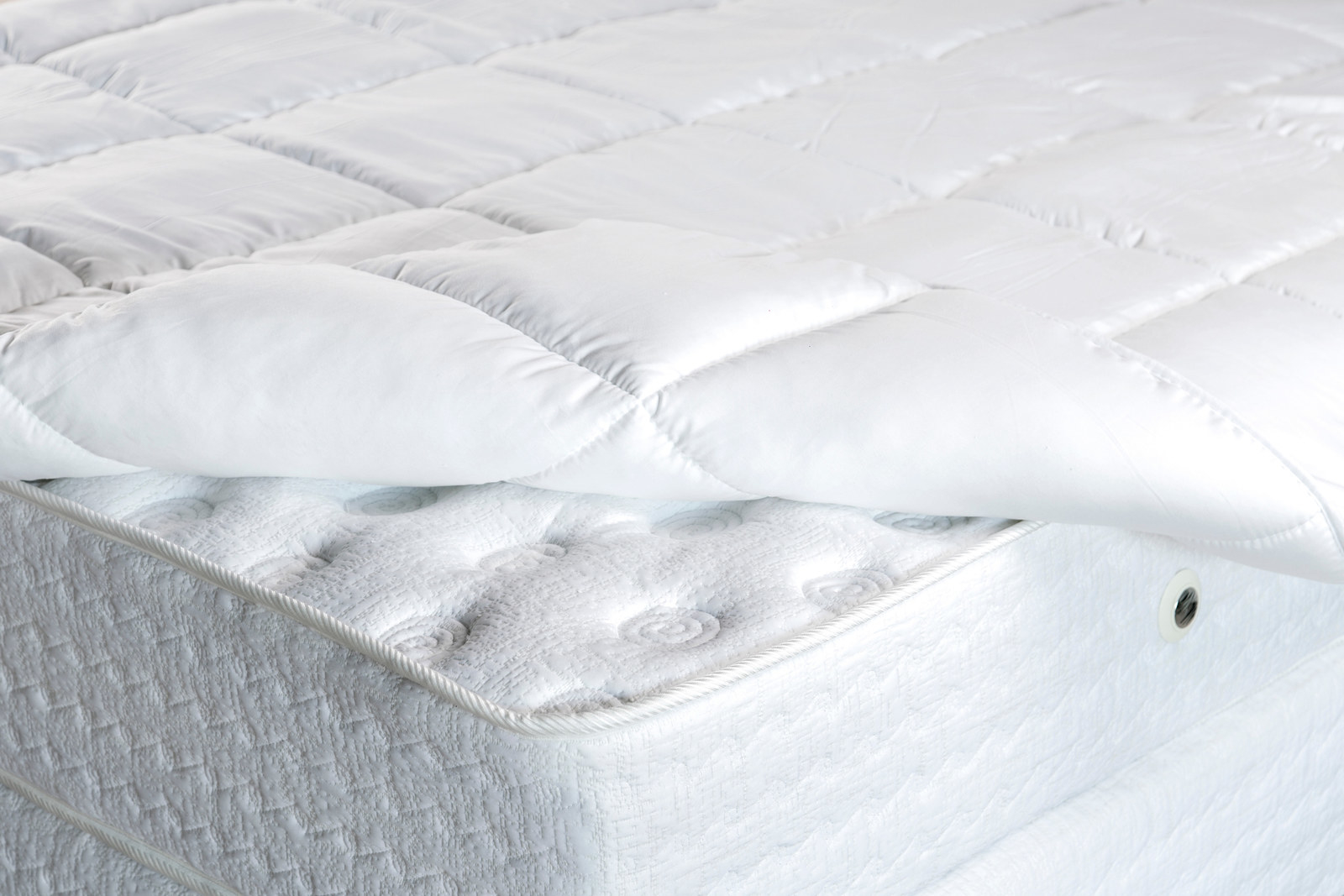
8. DON'T: Shopping receipts.
Most receipts are made from thermal paper and contain BPA (Bisphenol A), which shouldn't enter the recycling stream (lest your receipt becomes toilet paper giving your bum unwanted quality time with that chemical). Some receipts can be composted, but it’s best to ask for no receipt or an electronic version at the beginning of a transaction whenever possible. Want to know if your receipt is made from un-recyclable thermal paper? If it's shiny and smooth, then it is, and should likely go in the trash.
9. DON'T: Plastic shopping and zip-lock bags.
Yes, we should all be refusing and reusing the hell out of these whenever possible. Zip-lock bags and plastic grocery-type bags are not widely recycled by regular city programs (because they can get caught in the sorting gears) but they can, however, be recycled at specific locations, which are usually found at grocery stores. We recommend reusing them as much as possible because, ya know, recycling requires energy and resources.
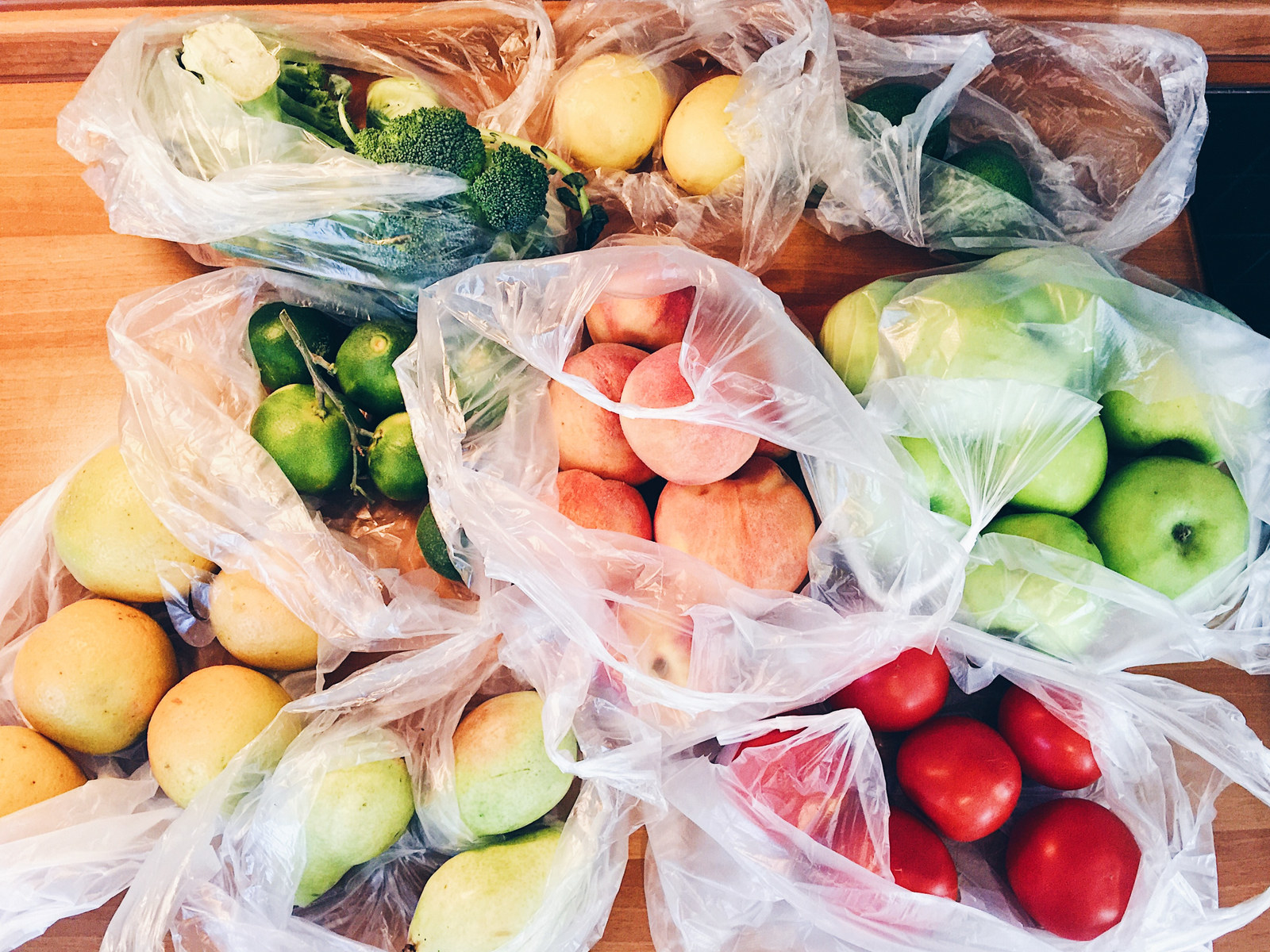
10. DON'T: Anything smaller than a Post-It, even if it's made from a recyclable material.
Think: gum wrappers, shredded paper, aluminum foil, scrap paper, mouse-sized love letters, etc. They’re too small to be picked up by traditional sorters and can end up as contamination. For small pieces of paper, composting is a great alternative.
11. DON'T: Soft plastic packaging like candy wrappers, chip packets, and salad and frozen vegetable bags.
Usually found containing produce (like bagged salads and veggies) and snacks (think chips, cookies, and candy), if it’s soft enough to crush in your hand, chances are it’s not recyclable. Some special receptacles do exist for these, but the best route is to avoid this type of packaging as much as possible. Investing in reusable bags, shopping in bulk, and getting your produce naked at the store or farmer’s market are great ways to avoid this soft plastic.
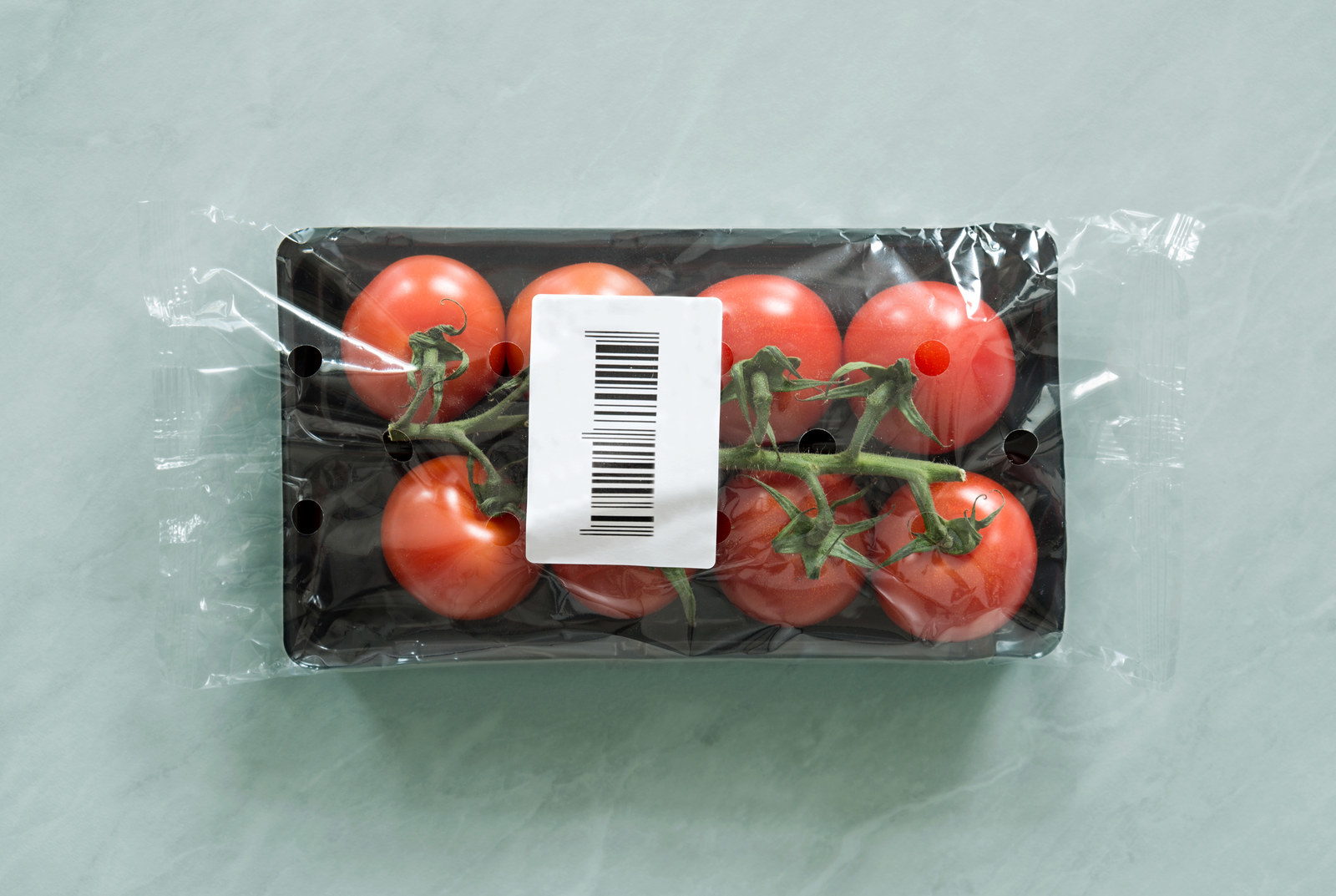
12. DON'T: Paper with metallic, glittery, or velvety accents.
This includes wrapping paper, gift bags, greeting cards, and anything else with these pesky adornments. Reuse these as much as possible, and when they’ve exhausted their re-gifting lifespan, save for art projects.
13. DON'T: Food-contaminated containers, including greasy pizza boxes.
Sure last night’s pizza was pretty delish, but its grease renders the box unrecyclable. Same goes for that adorable paper container once housing that life-changing Chinese takeout. If the container is straight cardboard or paper (with no plastic or Styrofoam coatings), it can be composted. If it’s plastic, it can be cleaned and reused or recycled.
Why no food, you ask? Because when paper especially is recycled, it's mixed with water to form a slurry. And since oil and water don't mix, food grease and oil float to the top of the slurry, mingle with the paper pulp, and render the whole batch unusable. Party foul.
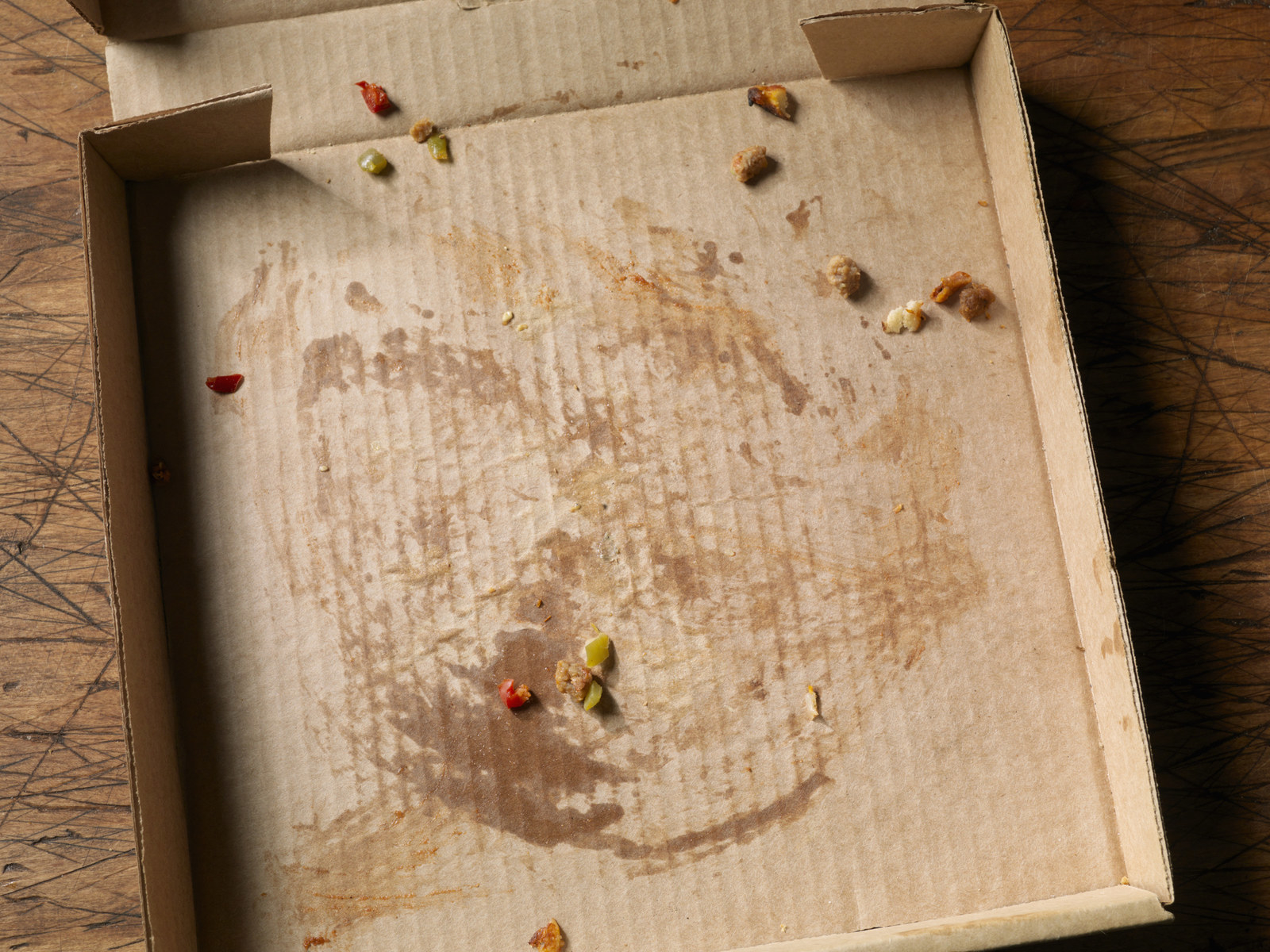
14. DON'T: Mirrors, ceramic, and Pyrex.
They might seem like glass, but appearances can be deceiving. Many chemicals go into making these items reflective and ultra-heat tolerant, and said chemicals cannot safely enter recycling streams.
15. DON'T: PVC shower curtains and liners.
Most of these are made from polyvinyl chloride, which cannot be broken down again. So, it’s here forever as your moldy shower curtain. So, get as much use out of yours as possible (regular cleanings help to keep mold and body grime at bay) and when you’re ready for a replacement, opt for a washable cloth version, which lasts basically forever with good care and tbh, feels way less creepy clinging to your naked body in the shower anyway.
16. DON'T: Frozen food containers and most disposable coffee cups.
These items have plasticky coatings that can’t safely enter the recycling stream, so you know the drill: Avoid these as much as possible by BYO and eschewing that single-use disposable life.
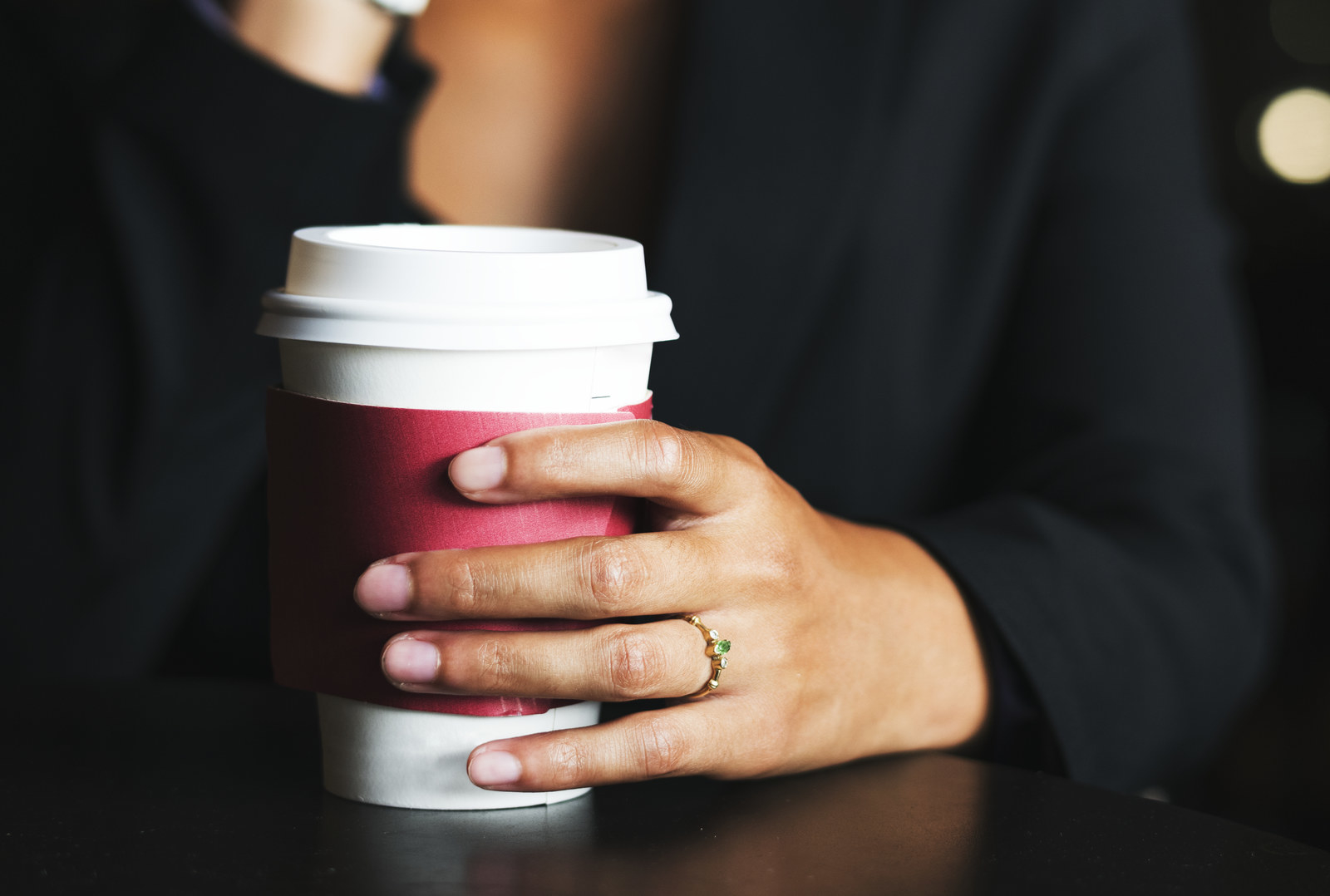
17. DON'T: Incandescent light bulbs.
These are metal and glass in one and often contain mercury or lead, and they have a completely different melting temperature than most glass, so they can ruin an entire recycling batch. Avoid them when you can in favor of an energy-efficient swap and when it’s their time to die, they have nowhere to go but the landfill.
18. DON'T: Old photos.
I totally get that you want to toss that old snap of your ex in his Crazy Town "Butterfly" phase ASAP, but most mixed-recycling systems can’t handle the chemicals traditional photo development requires. Sorry!
19. DON'T: Styrofoam
And styrofoam-coated anything. Also known as foamed polystyrene or plastic #6, styrofoam can sit in a landfill for centuries. Some special systems can handle this dastardly material, but they’re not common, so refuse packing peanuts, coated cups and containers, and other foamy items.
Now, take all this new knowledge and go save the world, one recycled bottle at a time! 🌎✨
Ashlee Piper is a journalist, TV personality, and author of Give A Sh*t: Do Good. Live Better. Save the Planet.
